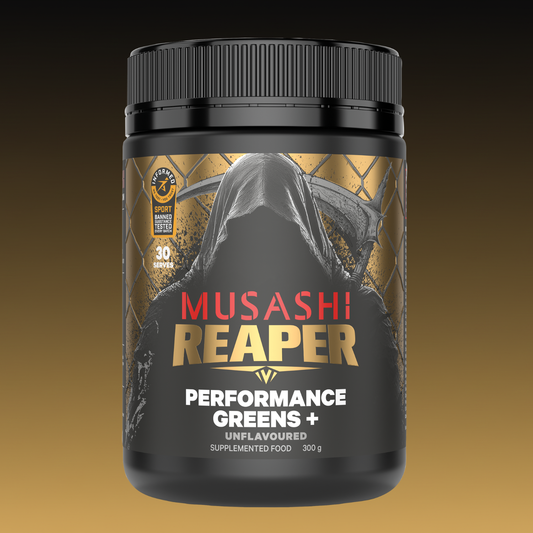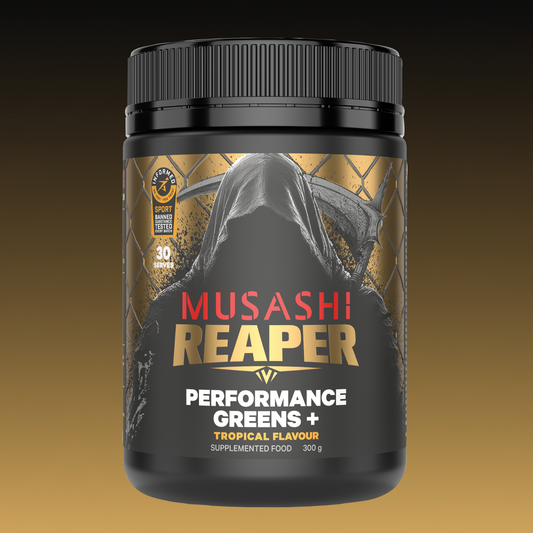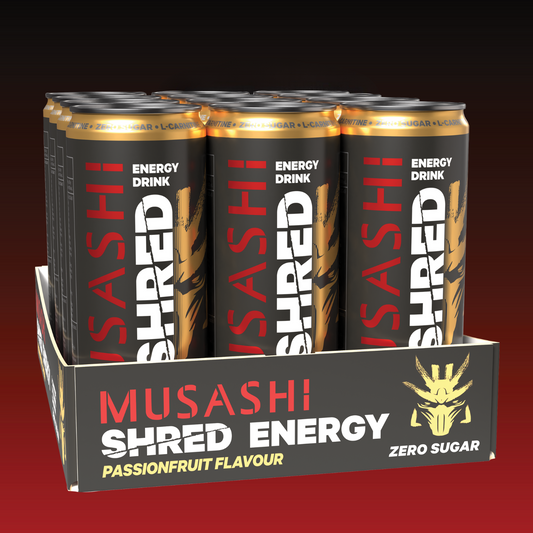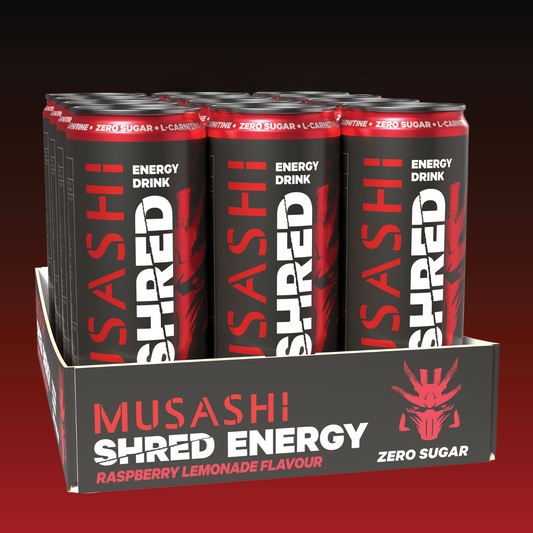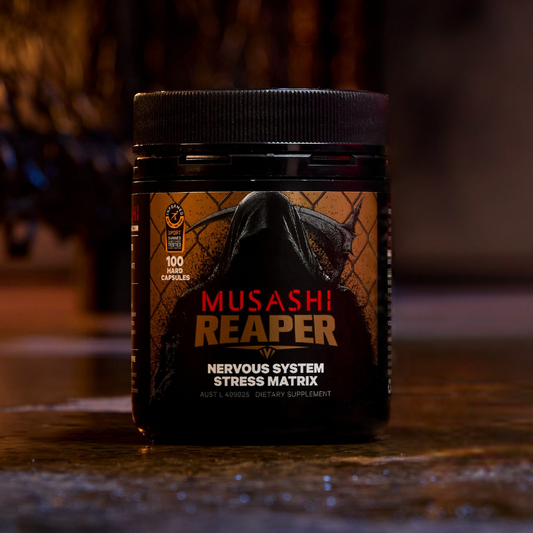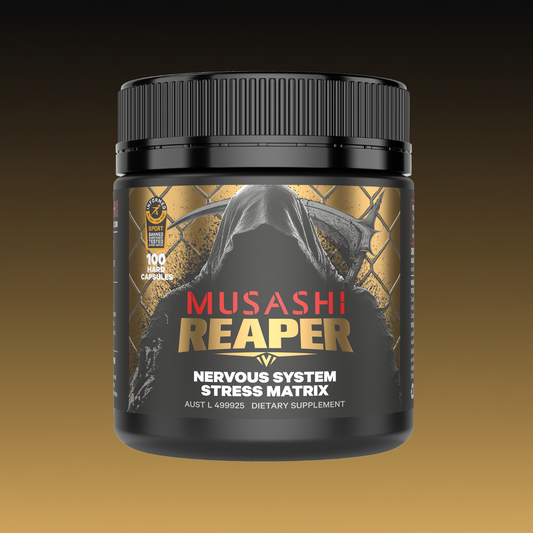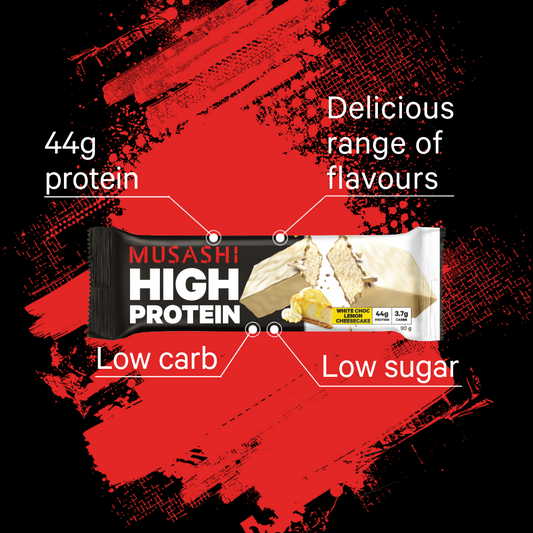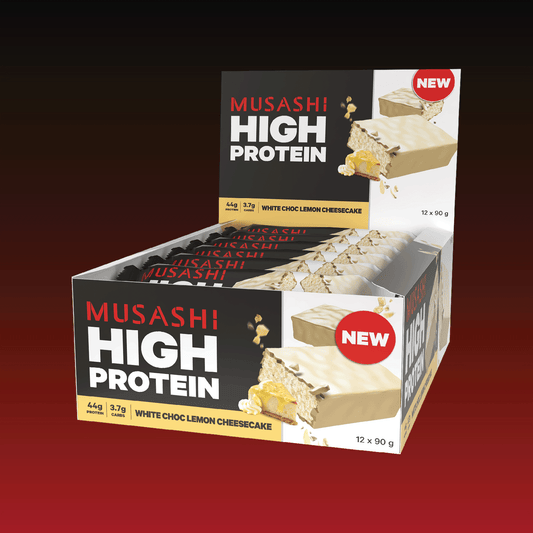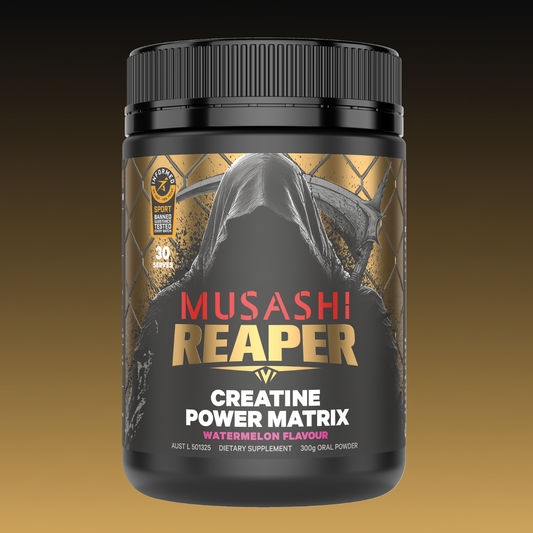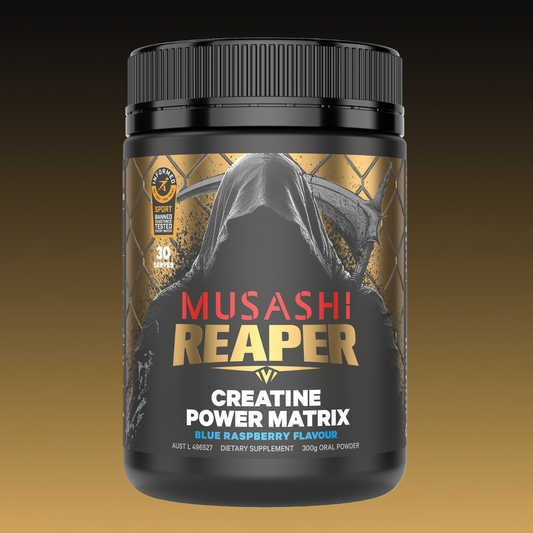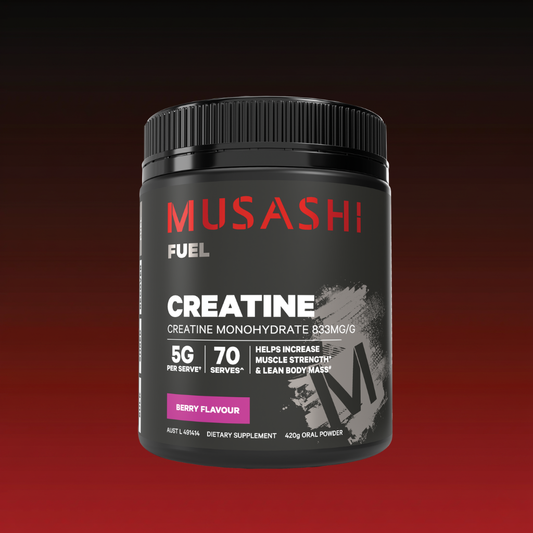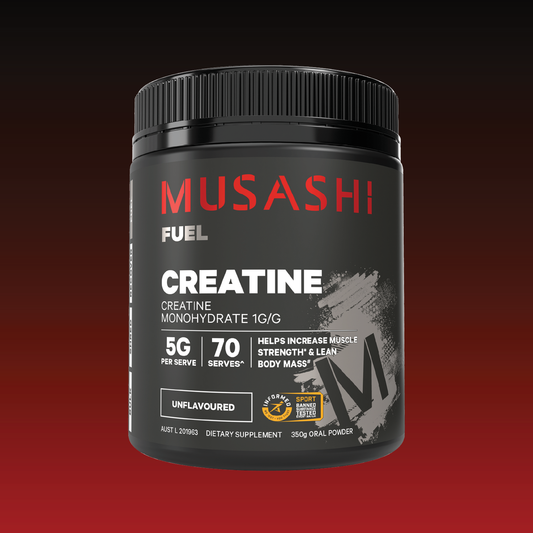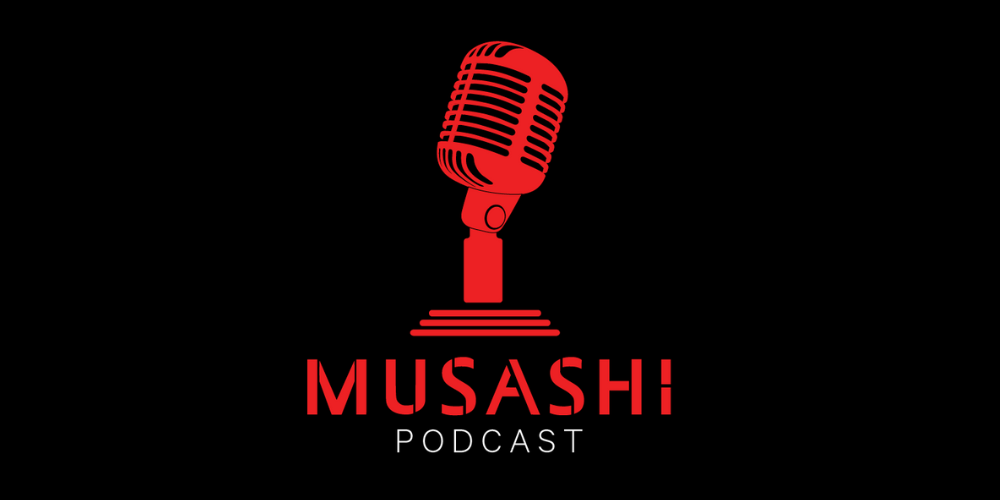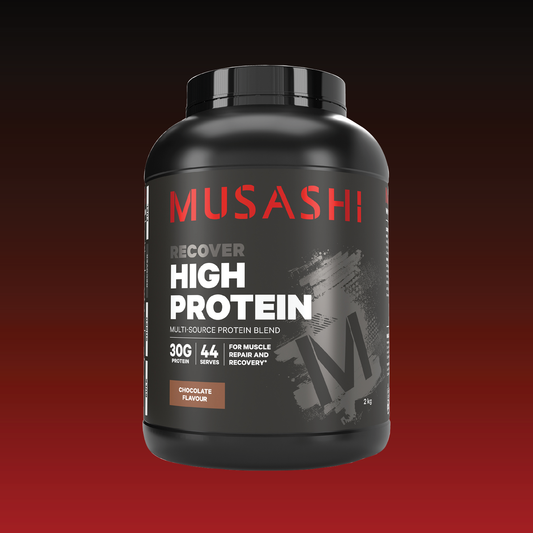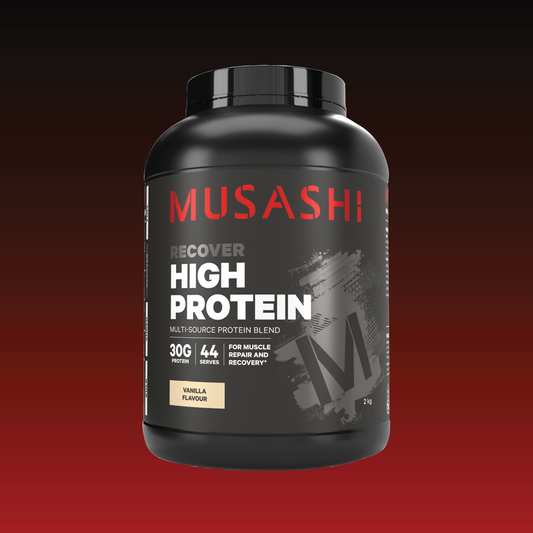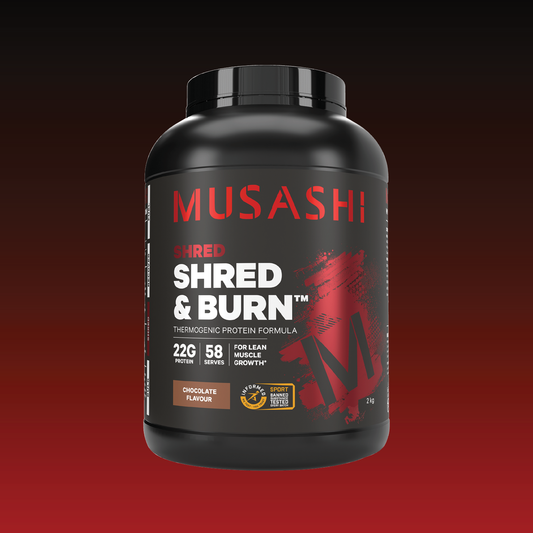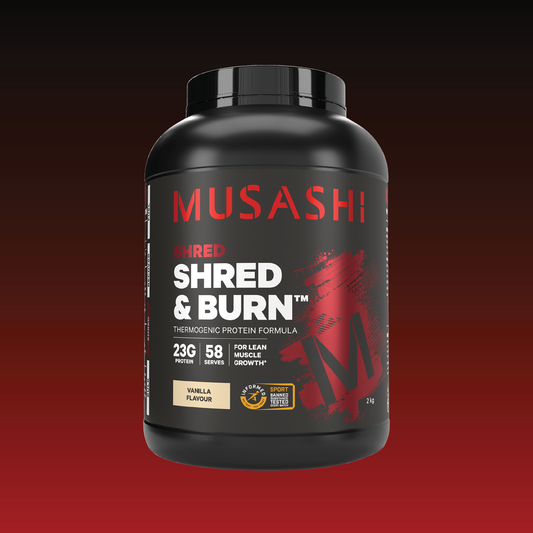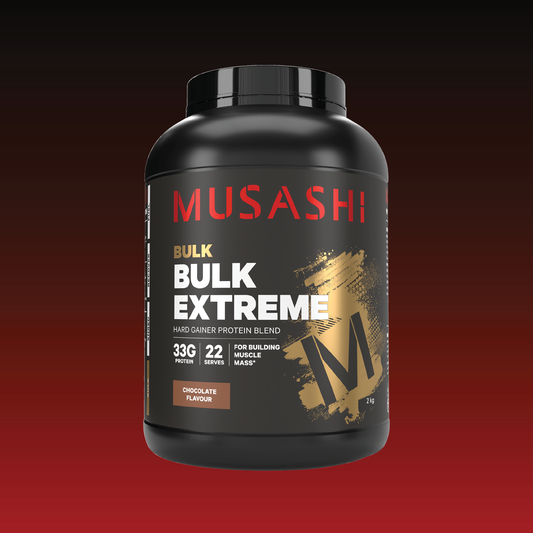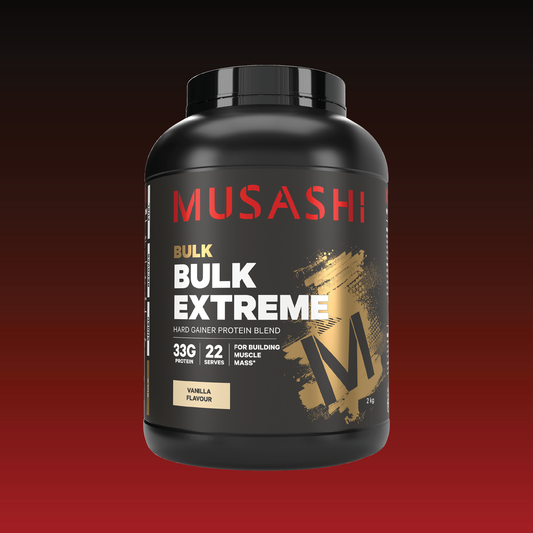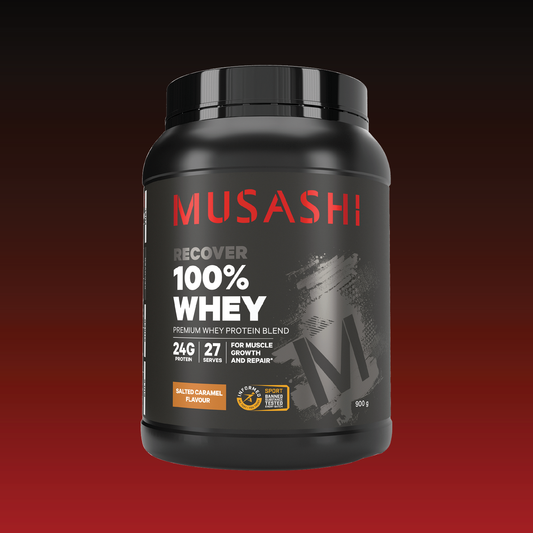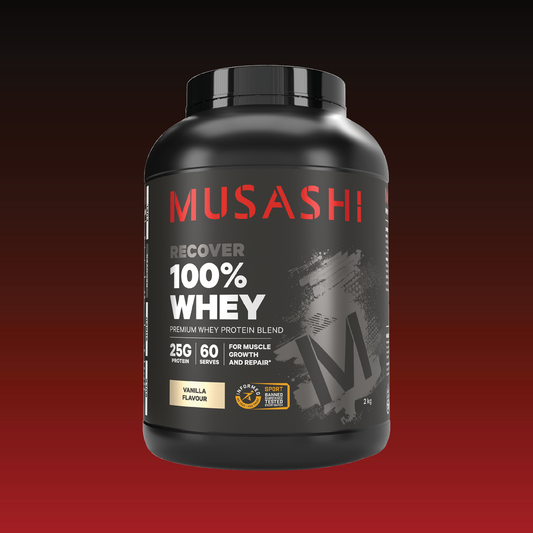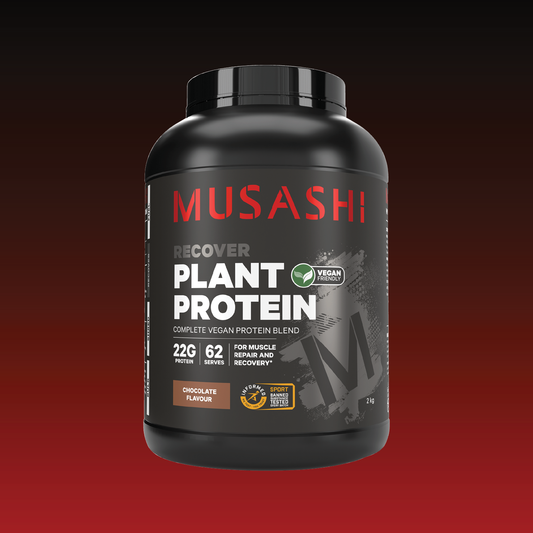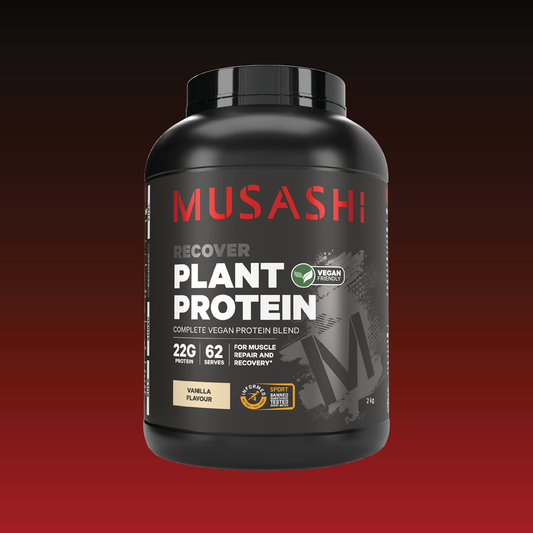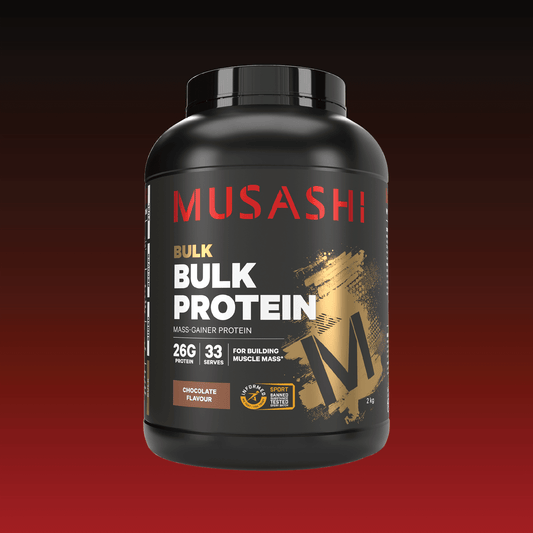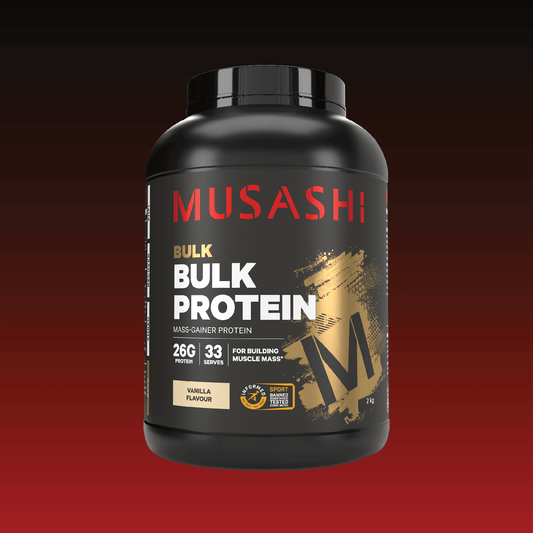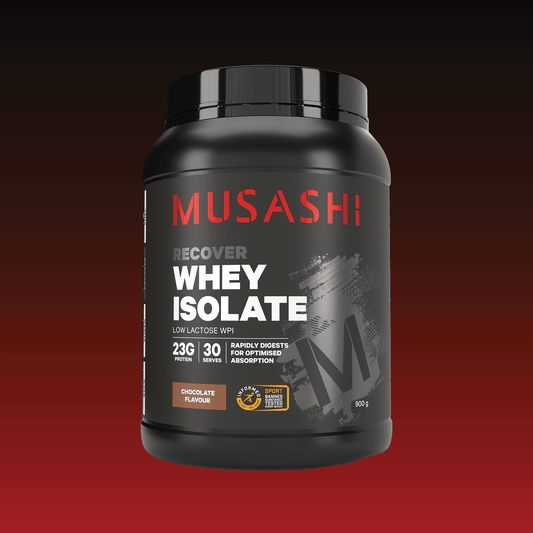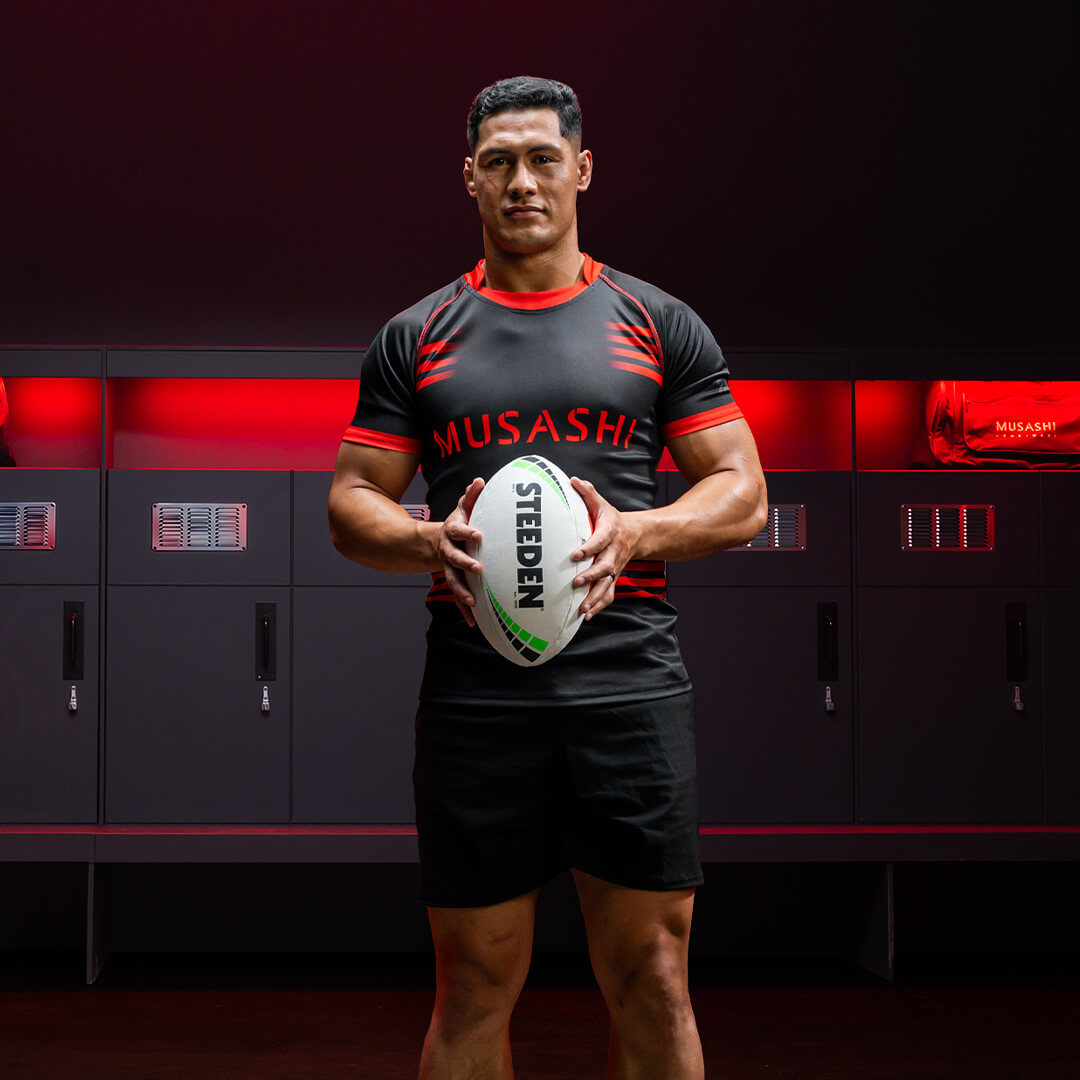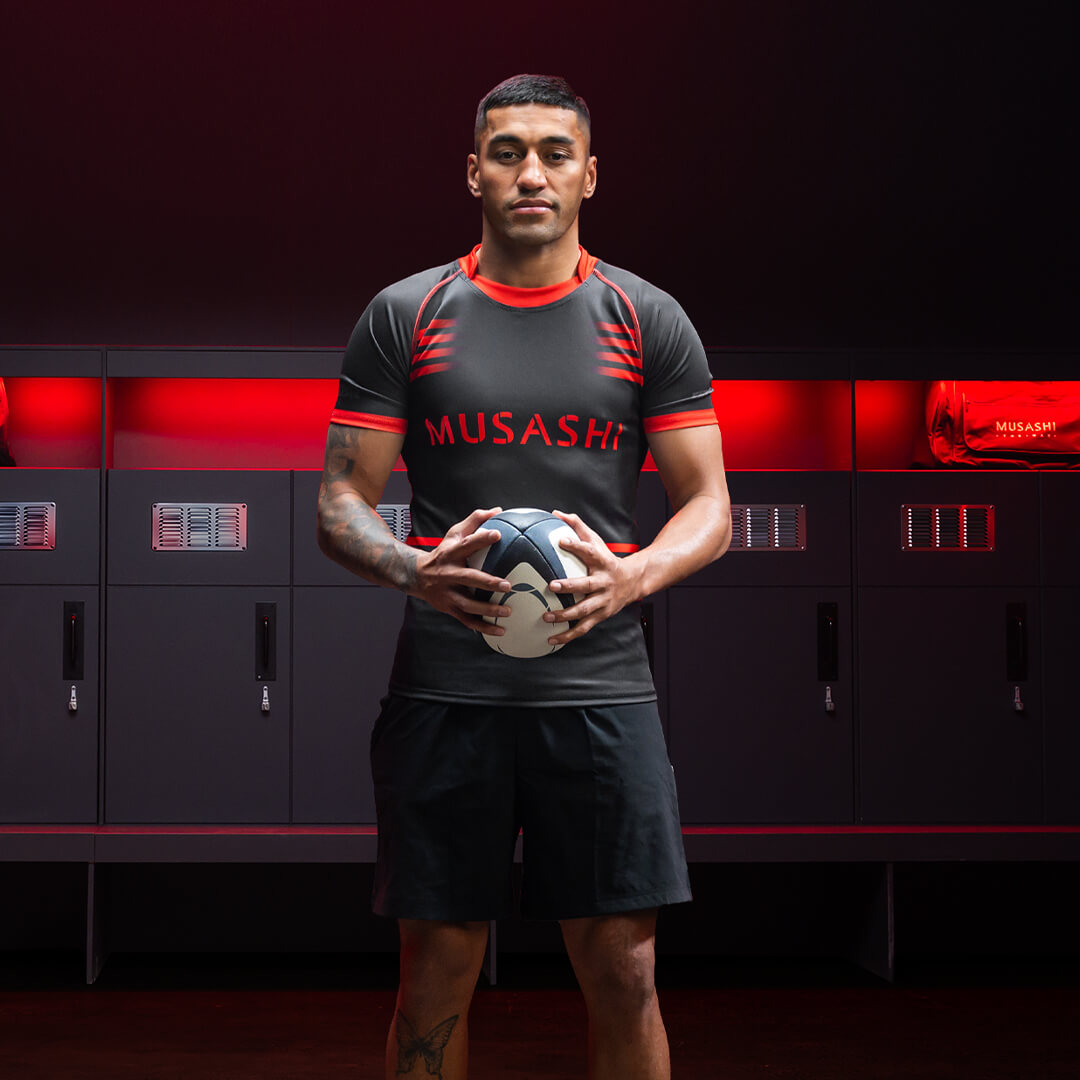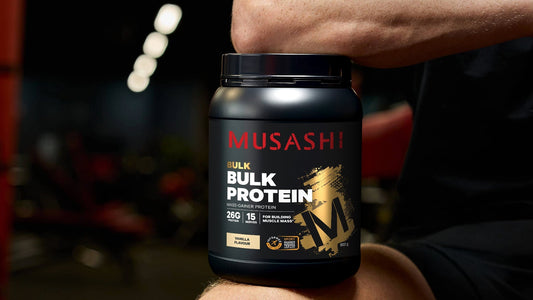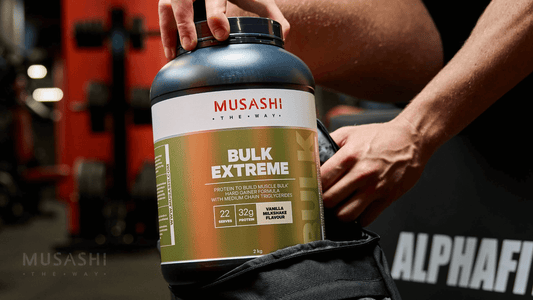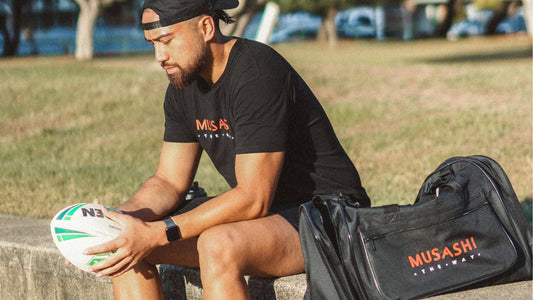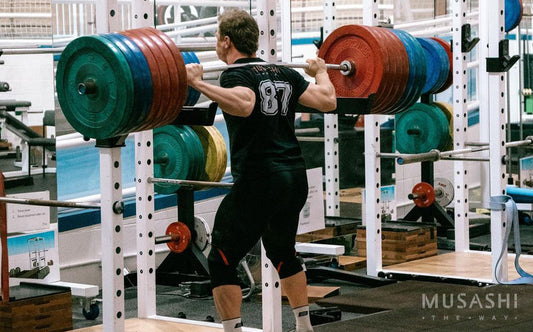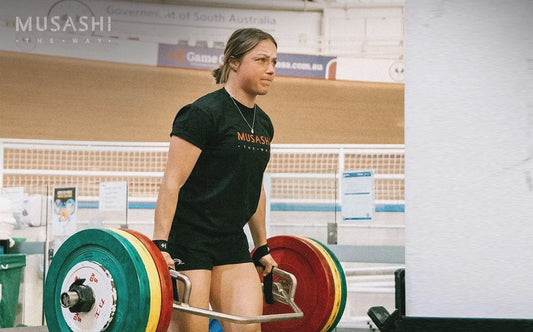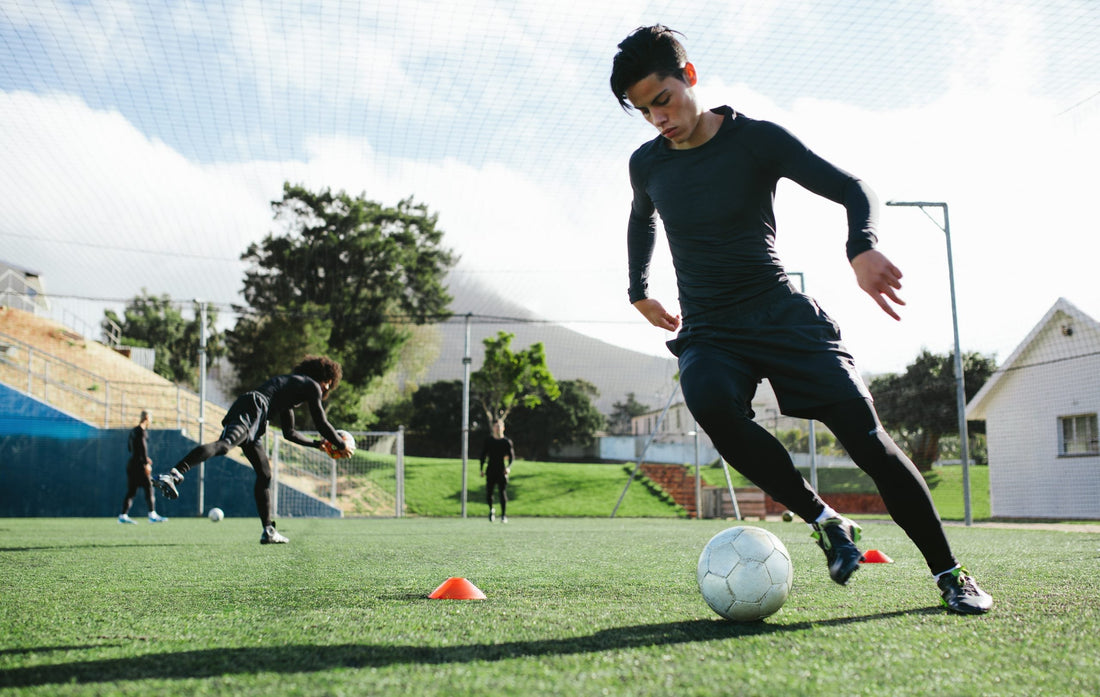
Soccer is a physically demanding sport. During matches players are required to switch between walking, jogging, running and sprinting, while also using their speed and agility to control the ball. During a match players change direction frequently, accelerate between 40-60 times and can cover approximately 10km in distance. During a 90-minute game a player can expend as many as 1500-2000 Calories – which is equivalent to an average person's total daily intake. Elite players can expend as many as 3400 Calories per day. Failure to meet the increased energy requirements can significantly increase the risk of poor performance on and off the pitch.
Training Diet
A healthy balanced diet including a variety of carbohydrates, protein and good fats are important. Players should adjust their food intake to complement their training loads. For example, during heavy training weeks including multiple training sessions followed by a soccer match a player will need to increase carbohydrate intake (wholegrain breads, pasta and cereals) to provide adequate fuel, reduce the onset of early fatigue and promote recovery. Supplementation can also help counteract the large amount of calories lost.
Musashi Bulk Protein Powder provides a blend of quality proteins and readily absorbed carbohydrates along with vitamins and minerals and naturally occurring amino acids. Beneficial for maximising muscle recovery and replenishing carbohydrate stores on both training and non-training days.
What to Eat Before Games?
It is important to start well-fuelled. A meal 3-4 hours before the start time containing carbohydrates can help to top up existing energy stores. Followed by a snack 45-minutes before, e.g. Musashi Bulk Protein can help to prevent hunger and reduce the early onset of fatigue.
Pre-game meal options (3-4hrs before)
- Wrap or sandwich with chicken and salad
- Bowl of muesli with yoghurt and berries
- Pasta with beef or chicken mince in tomato-based sauce
What to Eat After Games?
Recovery starts soon as you finish and extends well beyond the initial hour’s post-game. Fluid should be consumed immediately based on estimated losses and food should be eaten within 60-minutes of finishing.
Post-game meal options
- Chicken, avocado and Salad Sandwich
- Protein shakes including a combination of protein and carbohydrates (e.g. Musashi Bulk)
- Yogurt & Muesli
- Musashi High Protein Bar
Hydration
Dehydration can negatively impact performance – particularly endurance, speed, reaction time and decision-making. A soccer player can lose between 2-3 litres of sweat and up to 2-3kg of body weight during a game, especially in hot or humid conditions. To counteract dehydration players should aim to consume fluid regularly.
Before
30-minutes before game 200-400ml of water or Musashi Electrolytes
During
At half-time players should try and drink 300-500ml of Musashi Electrolytes. During hot and humid conditions players should be encouraged to drink between 150-250ml every.
After
The amount a player has lost through sweat will determine how much fluid is required. Weighing a player before and after training/ match can provide an approximate indication of how much fluid has been lost. On average 1 litre of water or Musashi Electrolytes within one hour of finishing should be sufficient for most players.
Example:
Daily Meal Plan for an Elite Soccer Player
| MEAL ONE | MEAL TWO | MEAL THREE | MEAL FOUR | MEAL FIVE | |
| Training or Game Day | Rolled Oats (1-2 cups) topped with milk and a handful of blueberries. | Banana and a handful of raw almonds | Tortilla wrap filled with tuna and salad followed by a low-fat Greek yogurt (175g) |
40-60min pre-training: Musashi Pre Workout During-training: Musashi Intra Workout with 200-400ml Fluid 0-30min post-training: Musashi Bulk Protein Powder mixed with water 1-2 hours post-training: Main meal – see meal five |
Chicken breast (130g) with steamed vegetables (2 cups) and basmati rice cooked (1 cup) |
| Rest Day | Poached eggs (x2) on wholegrain toast (x2) | Snack: Bulk Mass Gain and a piece of fruit | Chicken and salad sandwich and a glass of water | Musashi Bulk Protein | Tacos filled with beef, avocado, salad, and cheese |
